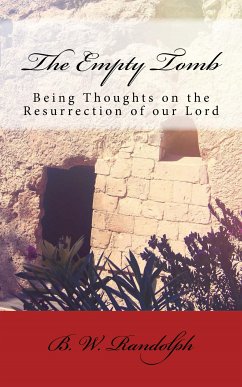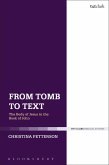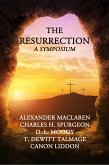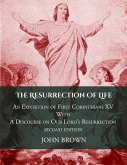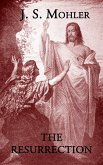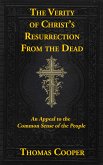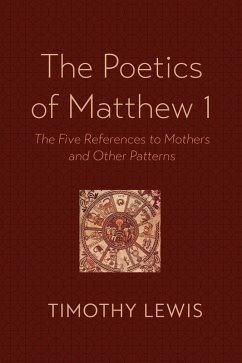The subject of our Lord's Resurrection has been brought prominently forward in recent years by writers who seem to think that if once Christianity can be purged of its miraculous elements, the Church will enter upon a new stage of greater vigour and renewed life. It is, therefore, a duty for those who feel that this is a fatal delusion to speak out plainly.
At the present moment it is the fashion to attempt to drive a wedge between the teaching of St. Paul on the subject of our Lord's Resurrection and that of the Evangelists. It is to this attempt that attention is largely directed in the paper which follows. It is historically certain that the Christian Church sprang from and was founded on a belief in the literal Resurrection of Jesus Christ from the dead. This belief was not a gradual growth in any sense. It dates from the very morrow of the alleged occurrence. It "sprang suddenly into existence, and it swept irresistibly over the whole body of disciples. Of the force and universality of the belief there can be no doubt."
It was the necessary qualification for an Apostle that he should be a "witness of the Resurrection;" every sermon or address of St. Peter and St. Paul culminates in the doctrine of the Resurrection. It is altogether impossible to imagine that the Christian Church could have risen into being and could have spread throughout the world if the Faith in the Resurrection of our Lord had been eliminated.
It is, then, an historical fact that Christianity was started on the site of an empty tomb, and that "the truth of the Resurrection is something more than that Jesus appeared in vision to this or that disciple." The early Christians believed-as indeed Christians throughout the ages have believed-that Jesus Christ conquered death by rising from the tomb with His Body, glorified indeed and transfigured-operating under new conditions-but the same Body which was born of Mary and was nailed to the Cross.
What, then, is it which we are asked to substitute for this faith?
It is enough, we are told, to believe that the disciples were assured of our Lord's continued life; that though His Body may have mouldered in the tomb, yet He Himself, His Personality, was really alive, and of this the disciples were convinced by the apparitions which they saw or thought they saw of Him after death.
Now, at the outset, it is natural to remark that this is not what the Evangelists tell us; they make it who quite plain that His bodily frame was really present to those saw Him; that they saw the sacred wounds in the hands and side, and that they had found the tomb empty, and St. Paul makes it clear that this also was his belief when he says that "He that raised up Christ from the dead shall also quicken your mortal bodies by His spirit that dwelleth in you."
There is nothing in the early records to lead us to suppose that if our Lord's Resurrection had not been a real Resurrection-a physical Resurrection as it is now called-that any of the Apostles would have placed any reliance on it, still less that they would have staked everything on proclaiming its truth, or would have given their lives for their Master.
We are indeed reminded that it is more important to believe that Jesus lives than that Jesus rose, and that if we have Jesus with us in our lives we need not trouble about the literal truth of the Resurrection story.
B. W. R.
Theological College,
Ely,
Feast of St. Gregory the Great, 1906.
CrossReach Publications
Dieser Download kann aus rechtlichen Gründen nur mit Rechnungsadresse in A, B, BG, CY, CZ, D, DK, EW, E, FIN, F, GR, H, IRL, I, LT, L, LR, M, NL, PL, P, R, S, SLO, SK ausgeliefert werden.

